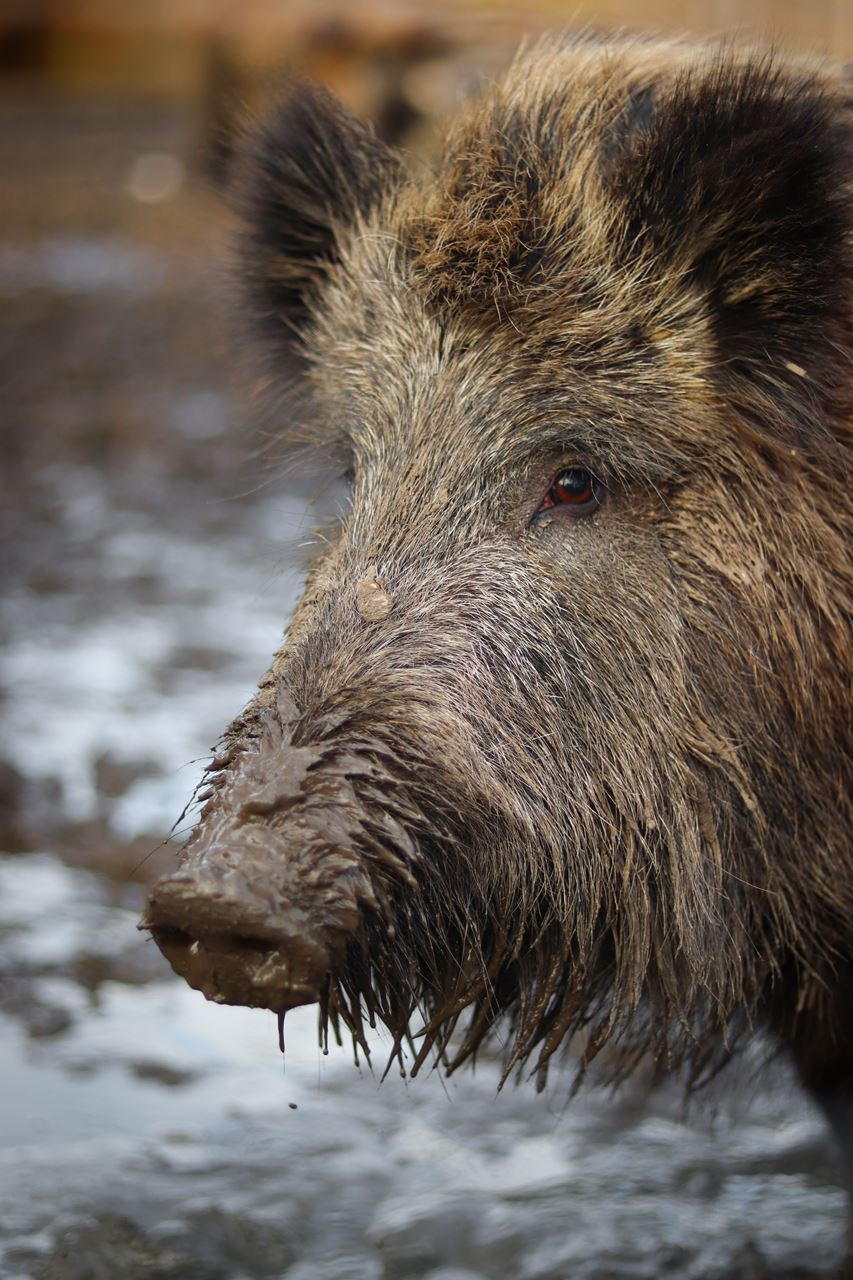Reposted from Nov 15, 2017

Photo by Kevin Jackson on Unsplash
Part 1: How the Manitoba government’s return to a deregulated hog industry could actually contribute to a world health emergency.
The Pallister government has just passed its “Red Tape Reduction and Government Efficiency Act.” The bill makes it easier (and cheaper) for pig producers to build new factory barns, expand existing ones, store and dispose of the waste and to even spend less on fire protection.
According to the industry group, “Manitoba Pork,” as many as 100 new factory barns may now be built over the next ten years.
What the Bill will not do is stop the dangerous overuse of antibiotics in animal agriculture. Livestock owners around the world (including Manitoba’s hog producers) have long been giving these medicines to their animals, whether to treat the sick, prevent the healthy from getting sick, or simply to fatten them up for market.
This is all perfectly legal here and in many other countries.
While it's true that antibiotics are sometimes used and abused in human medications too, the Public Health Agency of Canada (PHAC) estimates “80% of all antibiotic use in Canada occurs in the raising of animals for food.”
And, about three out of every four doses given this way, are identical to the drugs you and I need to fend off deadly infections.
The PHAC goes on, “There is increasing evidence that the use of antimicrobial agents in livestock production is an important contributing factor to the emergence of antimicrobial resistance (AMR) in humans.” AMRs are sometimes called “superbugs” which, because of this inappropriate use, have developed a resistance to treatment by most or all of the medicines available today.
So scenarios where doctors have to advise their patients that “There’s nothing more I can do for you," are becoming alarmingly more frequent.
Three days before the Manitoba bill was approved, the World Health Organization sounded its most urgent alarm yet over the administering of antibiotics to food animals. The WHO says things must change, if we are to preserve the effectiveness of these life-saving medications.The UN agency advised farmers and the food industry everywhere, to simply stop giving animals such medications altogether, whether to promote growth or prevent disease. Healthy animals should only be treated if disease is diagnosed elsewhere in the same herd. And, even while treating animals already sick, only medications not considered critical for the treatment of human infections, should be used.

Image credit - OECD
But data from the Organization for Economic Cooperation and Development are even more alarming. Representing 35 developed countries, it notes that AMR is “highly prevalent” in its member countries (including Canada). It estimates the yearly loss of life, worldwide, probably runs into the tens of thousands, already. But current rates of resistance are increasing to the point where ten million people a year could be dying in this way by 2050! This, the OECD notes, would "move the needle" on the human cost of AMRs, from “substantial” to “enormous.” While the bulk of the deaths would be in Africa and Asia (see OECD table), there could still be 700 thousand in North America by that time. (No breakdown is given for Canada.)
Why, you ask, would an economic organization get involved in a health issue? Because, it expects future increases in health costs to also be enormous; almost $3 trillion by 2050, for OECD countries alone! That's because AMR patients are sick longer, need more (and costly) treatments, more tests and are three times more likely to die.
With new barns and more hogs now on Manitoba’s horizon, only pro-industry spin-doctors would dare to argue that this won’t mean more antibiotics, as well. (The OECD expects such usage to increase by a staggering two thirds by 2030.)
I have e-mailed both Premier Pallister and “Manitoba Pork” to ask them about these concerns. Neither has responded, so far.
So, if the world pays as little heed to this prevailing medical wisdom as the Pallister government and the industry seem to be doing, for this Manitoban, "optimistic" just got harder to be.
By Larry Powell

I’m an eco-journalist living in Shoal Lake, Manitoba. I’m a member of the SWCC and the American Association for the Advancement of Science. I’m authorized to receive embargoed material through the Science Media Centre of Canada, the Royal Society and the World Health Organization. This allows me to “get a jump” on important stories by fleshing them out with fact-checks and interviews, in advance. Often, this arms me with a “hot-off-the-press” story that’s ready to go, the moment the embargo is lifted.
I’m prepared to supply interested publications with important stories in the field of the Earth Sciences – stories often stranger than fiction! I publish www.PlanetInPeril.ca (PinP), “Where science gets respect.”
